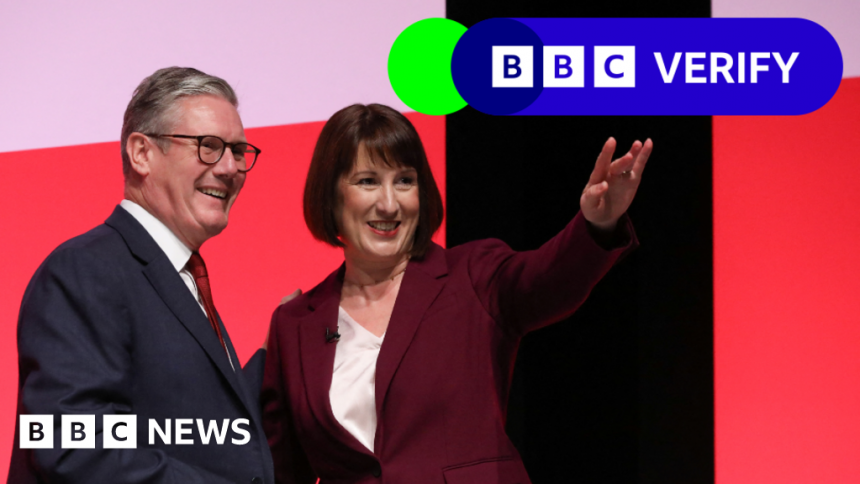Would raising employer National Insurance break Labour’s pledge?
 Rex Shutterstock
Rex ShutterstockIn the Budget on 30 October, Chancellor Rachel Reeves might be about to raise National Insurance (NI) – a form of tax – on employers.
This could be by charging NI on an employer’s contributions to workers’ pension pots.
Some have suggested this would break pledges in Labour’s 2024 manifesto, which stated that: “Labour will not increase taxes on working people, which is why we will not increase National Insurance, the basic, higher, or additional rates of Income Tax, or VAT.”
Employers pay NI at a rate of 13.8% on all employees’ earnings above £175 per week, but pension contributions made by employers are currently exempt from the levy.
That’s what could be about to change.
Ministers – including Rachel Reeves and the Business Secretary Jonathan Reynolds – have suggested in recent days that there’s a distinction between the NI that falls on employees and the NI paid by employers and that Labour’s manifesto pledge was a “reference to employees”.
There is a valid distinction in terms of the direct impact.
Employee NI comes off an employee’s monthly payslip. Employer NI does not. It’s a levy paid directly from the company to the Government.
Yet economists who have carefully studied the indirect impact of employer NI judge that most of the impact, in the end, falls not on the employer company and its shareholders, but on workers in the form of:
- Lower wages than would otherwise have been paid
- Less hiring than would otherwise have happened
- Fewer hours of work than would otherwise have been offered
That’s why many have described employer NI as a “tax on jobs”.
So in that sense this is a tax change that would, arguably, still fall on working people.
Paul Johnson, the director of the Institute for Fiscal Studies think tank, has said if the government did increase NI paid by employers it would be a “straightforward breach” of their manifesto commitment, on the grounds that the manifesto did not explicitly distinguish between employer and employee NI.
However, the Resolution Foundation think tank has suggested that the move might be considered consistent with the letter of the manifesto.
During the election campaign Labour politicians at times pledged no increases to NI without immediately specifying that they were referring only to employee NI or stressing that “working people” would not be affected.
Rachel Reeves told Sky News on 28 May: “For the duration of the next parliament there will be no increases in income tax and national insurance.”
The Institute for Fiscal Studies estimates that imposing full NI on an employer’s pension contributions could raise around £17bn a year for the government.
The Resolution Foundation think tank puts the figure at £12bn a year, after assuming that the government would have to reimburse public sector employers for the additional costs.
Regardless of whether it would break a manifesto pledge, some public finance experts, such as Dan Neidle of Tax Policy Associates, are warning the chancellor that – relative to a straightforward levy such as income tax or Value Added Tax – raising more money from employer NI would complicate and distort the tax system and the jobs market in a way that would not help the economy to grow.








